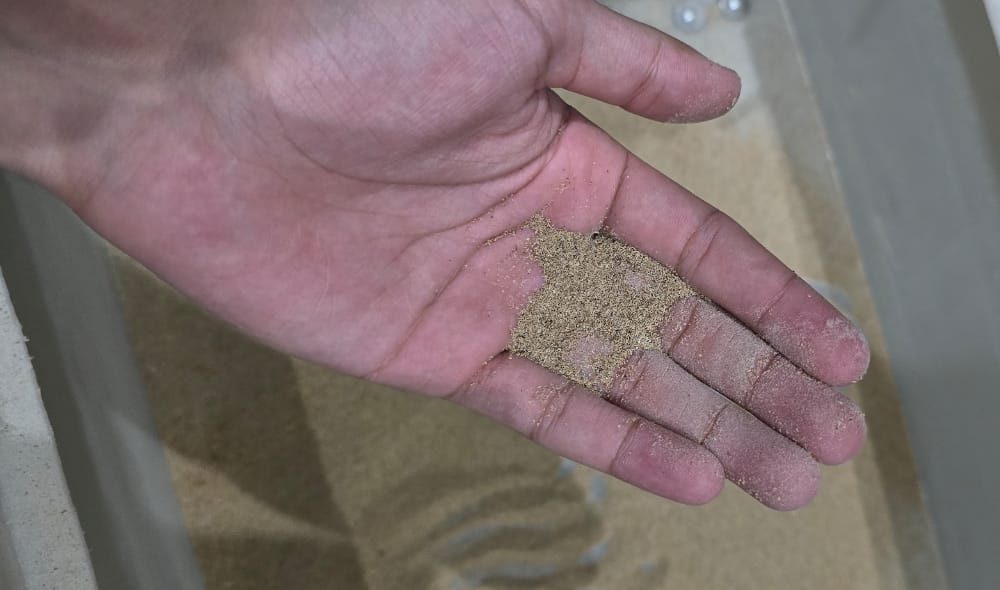Introduction:
Worms are nature’s silent workers, playing a crucial role in improving soil fertility and boosting crop yields. In organic farming, they are indispensable for maintaining healthy, nutrient-rich soil. This blog explores the vital role worms play in sustainable agriculture and why they are a farmer’s best friend.
Key Sections:
- Worms and Soil Aeration – Worms create intricate tunnels as they burrow through the soil, which enhances aeration and improves water infiltration. This natural tilling system not only helps roots penetrate the soil more effectively but also reduces water runoff, promoting stronger root growth and healthier crops.
- Enhancing Nutrient Availability – Worm castings, a rich byproduct of digestion, contain essential nutrients like nitrogen, phosphorus, and potassium, which are vital for plant growth. These castings improve soil structure and offer a balanced nutrient supply, helping plants thrive without synthetic fertilizers.
- Worms and Organic Matter Breakdown – Worms consume organic waste, breaking it down and transforming it into fertile compost that enriches the soil. This process accelerates the decomposition of plant residues, leaves, and other organic materials, turning waste into valuable humus that enhances soil fertility.
- Pest and Disease Control – A healthy worm population can indirectly reduce pest populations and disease occurrences in crops. Worms help cultivate beneficial soil microbes that compete with harmful pathogens, creating a more balanced and resilient ecosystem in the soil.
- Sustainable Farming Practices – Incorporating worms into organic farming not only supports soil health but also aligns with eco-friendly, sustainable farming practices. Worms help maintain a closed-loop system by recycling nutrients and promoting biodiversity, making organic farming more sustainable and environmentally friendly.
- Frass as a Natural Fertilizer – In addition to worms, certain larval stages of insects, like mealworms or black soldier flies, produce frass as they grow. When larvae are separated before reaching the pupa stage, their frass becomes an excellent fertilizer, rich in nitrogen, phosphorus, and potassium. Frass adds microbial activity to the soil and enhances nutrient content, benefiting crops as an effective, sustainable soil amendment.
Conclusion:
Mealworms and their insect counterparts like larvae contribute significantly to organic farming by enriching soil health and supporting sustainable agriculture practices. By understanding their role and integrating worms and frass into farming systems, you can create a more productive, eco-friendly farming method that’s better for the environment and for future generations.

